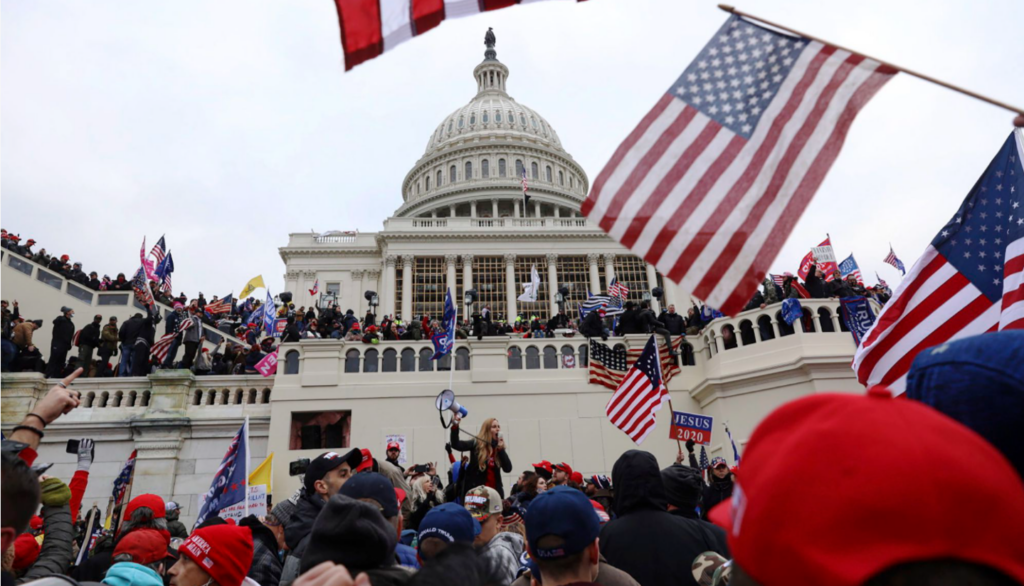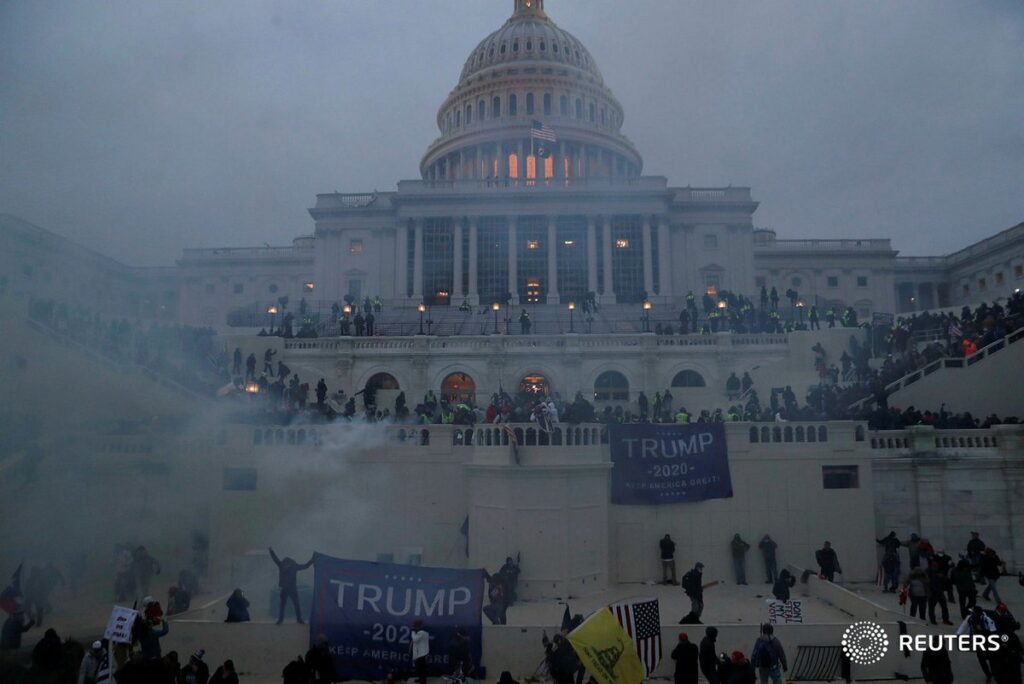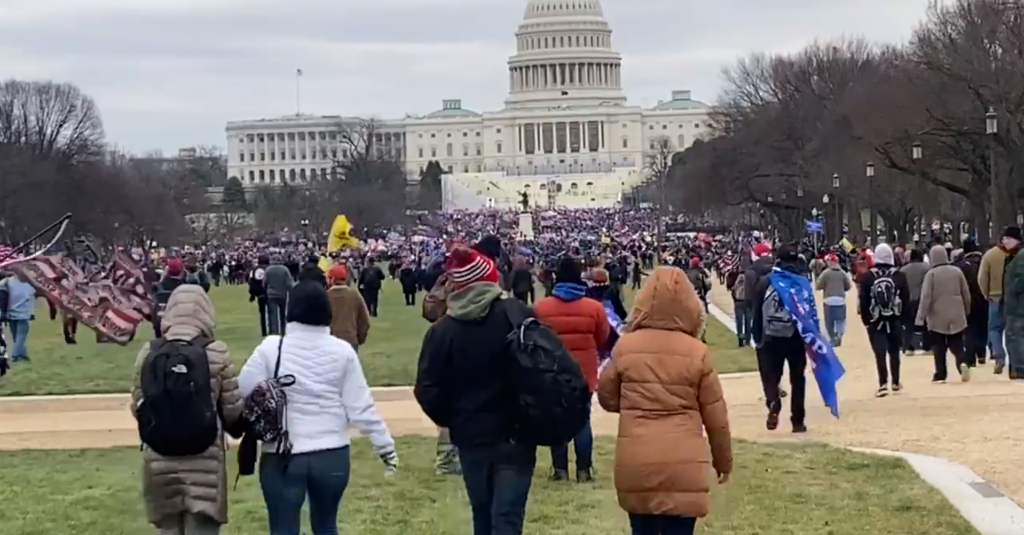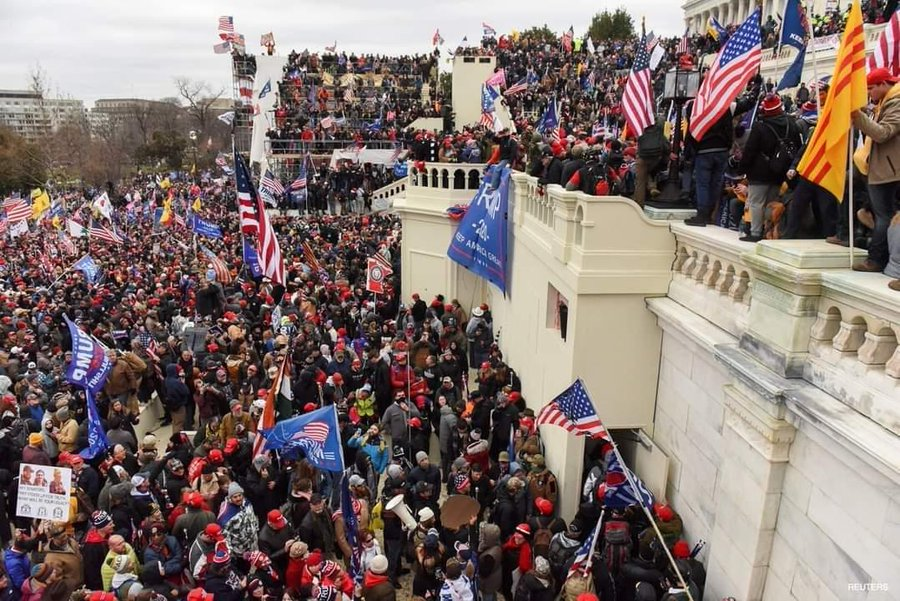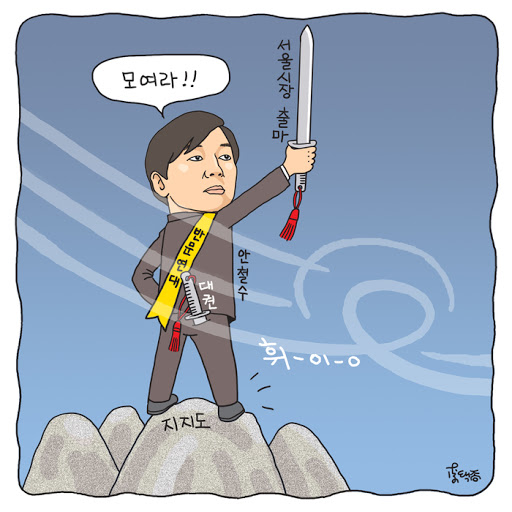On historical trends of our time. I wrote about the general concept yesterday that eras often do not align with their calendar-numbers, with one example arguably being “the 2000s” ending Sept. 2008 with the financial crisis. (Some also argued “The 1960s” really ends with either the Nixon resignation or the evacuation of Saigon, which by calendrical dating were already in the mid-1970s, and maybe it really began about 1964, so at least that’s still a ten-or-so-year decade.)
I want to put digital pen to paper on a related topic again: The thirty-year cycle we are still (?) in.
In February 2020, I read State Dept. figure William J. Burns’ memoir (his career was from 1980 to 2014 and he rose unusually quickly; my comments on his unexplained rapid rise fill the margins of the book). I began to suspect something that had not quite occurred to me before. It was this: The USA was in a long arc that began thirty years ago, specifically in 1990-91, traceable to two landmark events (Rodney King and the U.S. decision to fight Iraq) which do not have immediate precursors at the time. The rest of this post will be an update on this idea including events of the last ten-and-a-half months. I think “2020” validates the thesis, which I published in these pages about one month before the Corona-Panic began, in a big way.
_____________
The two events, the decision to invade Iraq and Rodney King, occurred from late July 1990 to early March 1991, only seven months’ space of time.
The two events were almost trivial in their time and are often not remembered, in and of themselves.
I myself am too young to remember either of them. In the 1990s during my own process of socialization I became aware of them as minor landmark events of the recent past.
[1.] The decision to intervene against Iraq and crush it as a regional power (apparently made by top U.S. officials in late July 1990, according to Burns who witnessed it) set up a long chain process of very-free-hand Mideast interventionism, in a way that the U.S. would absolutely not meddle or intervene or bomb or invade any place in its own hemisphere (anymore), which itself is strange to think about.
When I was in high school I believed the U.S. might invade Colombia, in response to the rebels trafficking drugs there causing trouble. Nothing like that ever happened at all. But meddling in the Midwest over much more abstruse reasons is the norm, is expected, and one hears muted criticism of it. It is a consensus position.
There became an ingrained cultural attitude that The Evil-Doers (to use what I vaguely recall as a George W. Bush phrasing) are out there, and are mainly in the Midwest, so we have to constantly meddle, and attack, and bomb, and use the map as a giant chessboard, or the Evil-Doers win. It puzzles me how this is uncontroversial.
Intervention predates George W. Bush, continued through Clinton, and began with George H. W. Bush, not that the nominal president at any given time was the decisive factor, because they’ve all done it, steadily so, and as I say, seemingly as if a Foreign Policy Prime Directive, beyond the point of possibility of dispute by good people (an enforced consensus). This was much less a story in 2020 than other years, but it never really went away. A much bigger story in 2020 was the second trend:
[2.] The decision (?) to turn to race-demagoguery with the Rodney King incident (traffic stop and arrest of a man high on cocaine) as some kind of regularized, semi-controlled, moral-hysteria process. This functions to unify the regime and its loyalists against the Bad People out there. This strategy was subtle at first but increasingly embraced by Good People, and largely as a matter of course by those born in the 1980s and beyond, especially the Good People therein. Soon the strategy was by the state itself, the state being run by Good People. It was manifestly certain that this was our reality by the 2010s.
The Los Angeles Riots followed the initial Rodney King incident a year later. The pattern was set, and would reach epidemic proportions in the 2010s, and then in May-June 2020. The latter was not the breakout of mass-psychosis that it may have appeared to be, to many, but follows a specific line back to Rodney King. The pattern was: Take a minor, local story of ambiguous nature etc., etc., inflate into national importance, garnish with lies of commission and omission as needed, and riots are okay in pursuit of The Goal (whatever the goal is — but you wouldn’t want to be on the side of the Bad People, would you?).
Even if there are distant ancestors of this strain of domestic politics (most notably, the mid-late 1960s riots), and even though the cultural energies may have been hanging around in the 1980s, they didn’t manifest until 1990-91, and they have been near-hegemonic in our discourse since then, framing our accepted reality (to use academic-esque language).
Later events were faded carbon-copies of the Rodney King case, and they kept getting trotted out, one after another, dominating domestic-news in bizarre ways, and even Orwellian ways.
This all became depressingly in-your-face by 2020, highly demoralizing given that nothing was done against them. (I should know; I witnessed some of these things at their peak, at close range. I showed up. No one knew, at first, that riots were going to happen, but people locked down for months and recently released were ready for some fun; it was the only way young people could gather, all other options disrupted or closed-off to them by the Panic-Lockdown regime(s). I saw open rioting/vandalism/fires, and looting, in front of me. I saw the police stand-down. The rumors were/are true.)
The younger half or so of the population, socialized after Rodney King, thinks it more-or-less normal that this bizarre game is effectively our Domestic Policy Prime Directive.
Some at the top have profound sympathies for their own reasons, with many of them, if not most, even talking themselves into it with the other moral-frenzy-ists.
Whatever the 2010s were, as a decade, and whatever their true beginning and end should be, they seem to me to follow a longer thread that began in 1990-91. I don’t know how much energy this thirty-year historical-cycle has left in it, the Virus-Lockdown-induced, Elite-approved riots of mid-2020, the seeming Apotheosis, and the sudden statue-toppling, all-placenames-are-to-be-replaced mania (always fight the Bad People, no matter what, and if you run out of them, just find more) notwithstanding.

